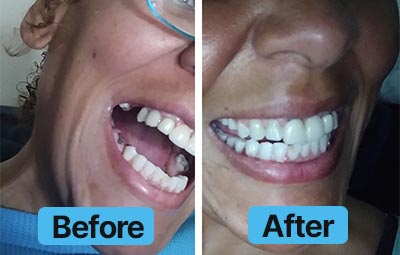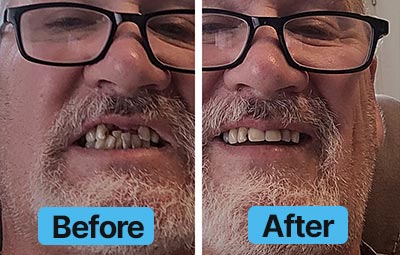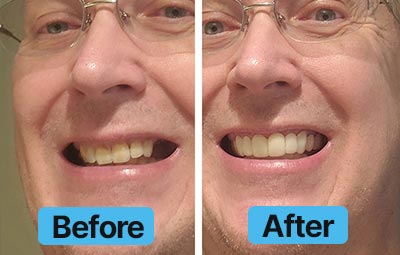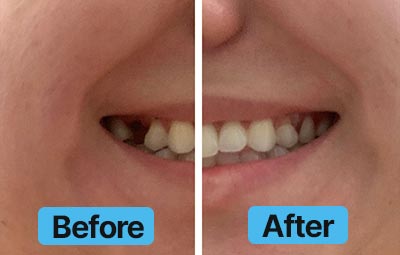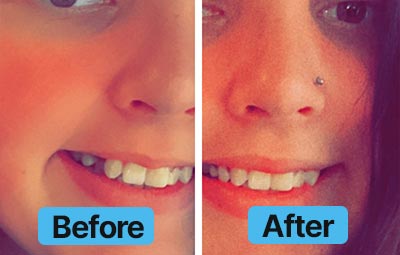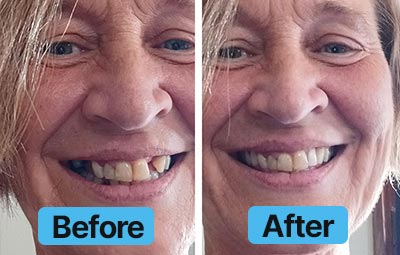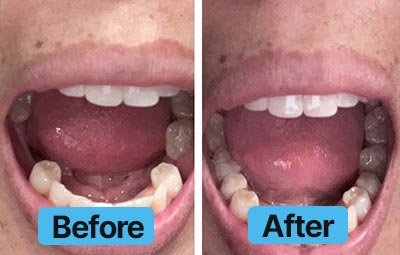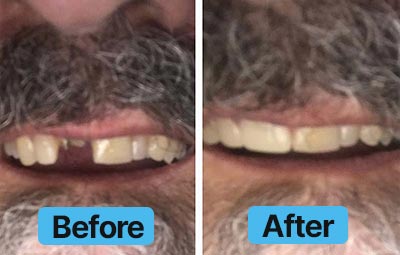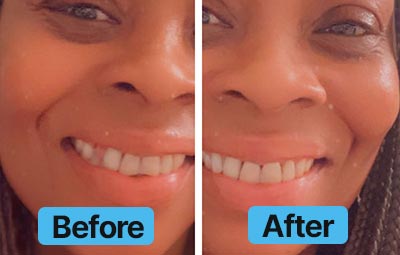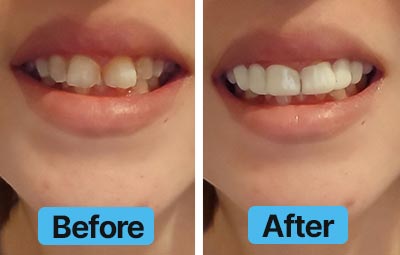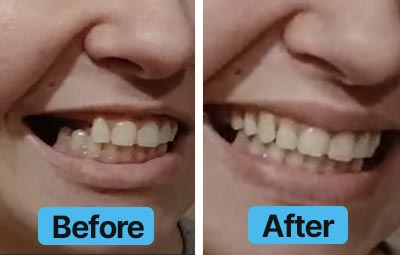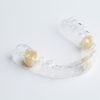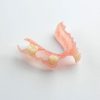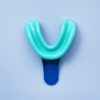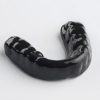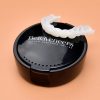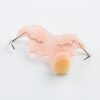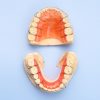Jaw pain hijacks your mornings, meals, and sleep. If your face aches when you wake up or your teeth feel sore, you’re probably wondering what’s going on and how to stop it.
TMJ disorder, tied to clenching and grinding your teeth at night, affects millions of people. One common recommendation is to get a nightguard. But do nightguards help TMJ? Here’s what you need to know.
What Is TMJ and What Causes the Pain?
Your jaw isn’t supposed to click, lock, or ache every time you chew or yawn. If it does, you might be dealing with TMJ disorder, the umbrella term for pain and dysfunction in the temporomandibular joint, which connects your jawbone to your skull. When this hinge stops working smoothly, everyday things like talking or eating can become painful.
TMJ symptoms vary, but the common ones include aching in or around your jaw, headaches, tension in your neck or shoulders, and a dull throb near your ears. Some people notice a clicking sound when they chew, while others can’t open their mouths all the way.
What causes TMJ will be different person to person, but one of the most common triggers is bruxism, teeth grinding while you sleep.
Other causes include stress, teeth misalignment (also called malocclusion), and arthritis, all of which can put extra strain on the joint.
Do Nightguards Help TMJ Symptoms?
In many cases, yes, nightguards can help TMJ symptoms, especially when teeth grinding or clenching is part of the problem. If you’ve been asking, do nightguards help TMJ? The answer depends on the cause of your discomfort, but for many people, they offer real relief.
Nightguards work by creating a protective barrier between your upper and lower teeth. This separation reduces the force of clenching, which in turn lowers the pressure on your jaw joints and surrounding muscles. For people who grind their teeth in their sleep, it also protects against enamel wear and tooth sensitivity.
Nightguards don’t cure TMJ disorders necessarily, but they often reduce pain and stiffness enough to improve sleep, concentration, and mood.
Besides nightguards, there are different bruxism treatment options you can also explore. But if you need help now, keep reading, because we’re going to share what the best guards you can get are.
Which Type of Nightguard Is Best for TMJ Relief?
Not all nightguards are built the same, and choosing a nightguard that best helps your TMJ depends on what your jaw actually needs. The three most common types are soft, hard, and hybrid.
- Soft nightguards are best for those with milder symptoms. The soft shell is very comfortable as it rests against your gums, but often doesn’t last as long as harder options.
- Hard nightguards are more rigid and durable, making them fantastic for severe grinders.
- Hybrid nightguards are a combination of the two. They’re built with two layers, including a semi-soft inner material for comfort and a harder outer layer for added durability.
While store-bought guards are cheap and convenient, they rarely fit well. A poor fit can lead to more jaw tension and, in some cases, make TMJ symptoms worse. That’s why custom-fit options tend to work better; they’re molded to your mouth, which helps reduce pressure on the joint and improve long-term comfort.
But if cost is a concern, at-home kits might be a smart workaround. You can now get dental lab-quality custom nightguards delivered directly to your door, without the markup of a traditional dental office.
Do Nightguards Help TMJ in the Long Run?
Nightguards won’t fix the root cause of TMJ, but they can make a real difference in how you feel day to day. By reducing tension, protecting your teeth, and giving your jaw time to recover, they offer consistent relief for people dealing with clenching, grinding, and joint pain.
The earlier you address these symptoms, the better. TMJ issues can worsen over time, especially without treatment or guidance. A dental professional can help identify the underlying problem, but in the meantime, a well-fitting custom-made nightguard can provide fewer headaches, less clenching, and better mornings.
Dental Lab Direct makes it easy to get one from home. No waiting rooms, no markup, just a precise fit made by dental technicians who know what they’re doing.
So, do nightguards help TMJ in the long run? For many, yes. Sometimes relief doesn’t come in the form of a complicated treatment plan. Sometimes it comes in the mail, molded to your bite, ready to help you wake up without pain.
 60 DAY warranty on all custom-made products | 1,000+ 5 Star ★★★★★ Reviews
60 DAY warranty on all custom-made products | 1,000+ 5 Star ★★★★★ Reviews

